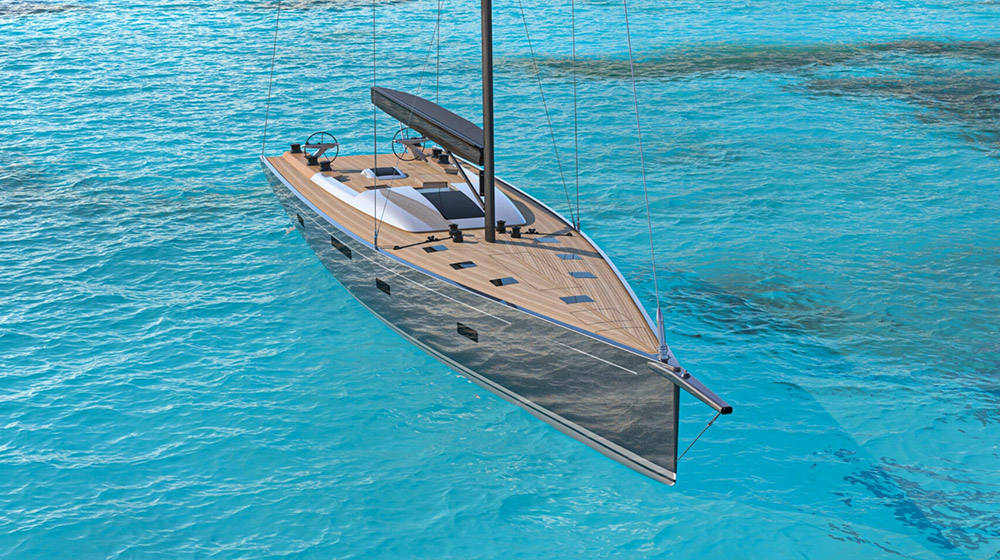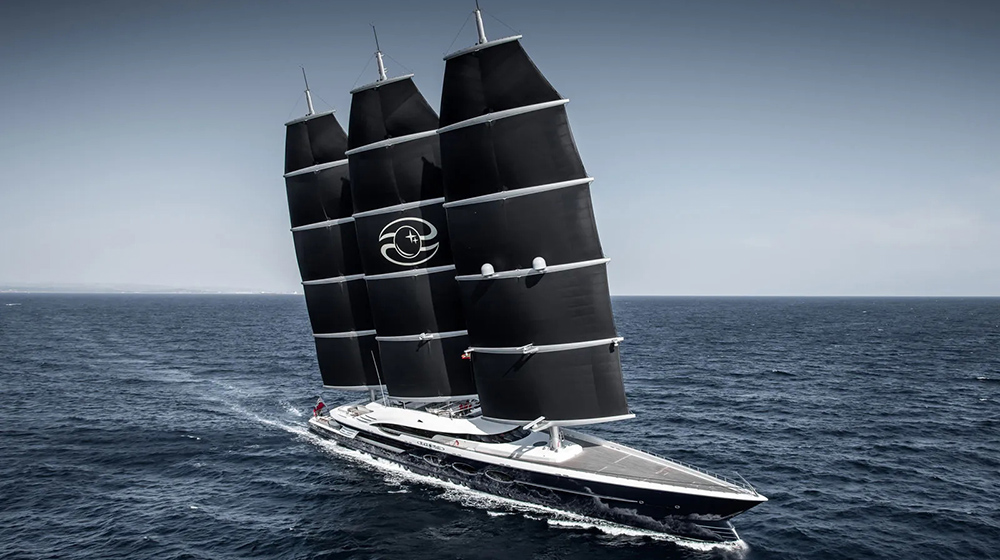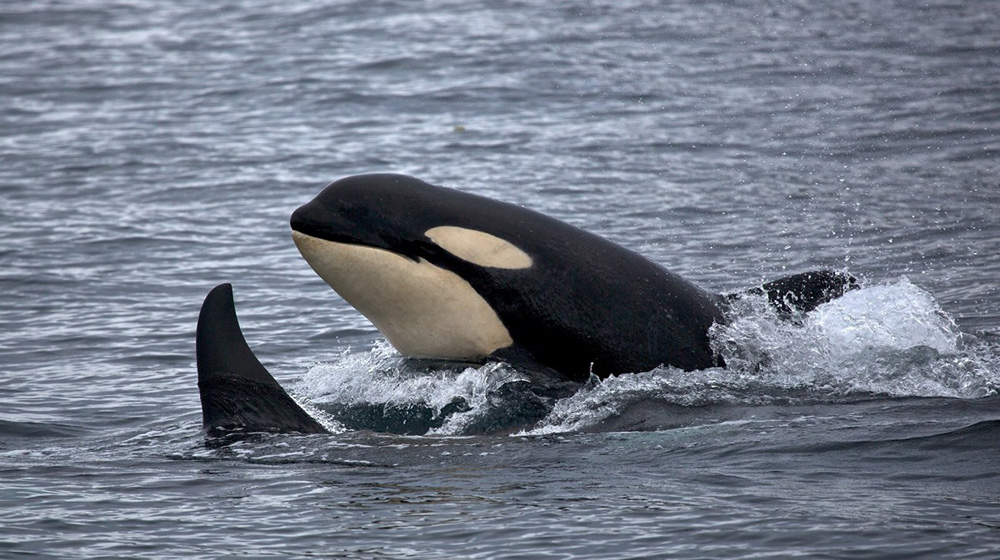
Captain James Cook’s legendary Endeavour possibly found
Australian maritime experts have announced on Thursday they believe they have found the wreck of one of the most important ships in history. This has sparked a furious row with their US partner researchers who claim this was “premature” and a “breach of contract”.
The Australian National Maritime Museum (ANMM) announced they were “confident” they had found the spot where this research vessel sank after over two centuries. For over 22 years, maritime archaeologists have been investigating ancient shipwrecks in a 2-square-mile area of Newport Harbor, Rhode Island. This is where Captain James Cook’s HMS Endeavour was believed to be sunk by the British during the American Revolution.
The ship, known as Endeavour, was famously used by Cook on his first voyage to the Pacific Ocean between 1768 and 1771. This adventure resulted in Britain’s first encounter with the unknown Australia.
History of James Cook
James Cook was a British explorer, navigator, captain and cartographer for the British Royal Navy, famous for his three voyages between 1768 and 1779 in the Pacific Ocean, and Australia in particular.
Captain Cook made detailed maps of Newfoundland before making these three voyages to the South Pacific, where he achieved the first recorded European contact with the eastern coastline of Australia and the Hawaiian Islands, as well as the first recorded circumnavigation of New Zealand.
As a teenager, he joined the Royal Navy in 1755 and saw action in the Seven Years’ War: where he surveyed and mapped most of the entrance to the Saint Lawrence River during the siege of Quebec. As this acclaim came during a crucial moment for British overseas exploration, he was commissioned in 1766 as commander of the HMS Endeavour for the Pacific voyages.
Although the ship was launched in 1764 as the Earl of Pembroke, four years later it was renamed Endeavour by the British navy. James Cook sailed thousands of miles, mostly uncharted areas around the globe. He mapped lands from New Zealand to Hawaii in the Pacific Ocean in great detail and on a scale not previously charted before by Western explorers.
His skills included a combination of seamanship, superior surveying and cartographic skills and physical courage as he led his men in adverse conditions. During his first significant encounter with the Indigenous Maori people, his crew killed several Maori, and in 2019 the British government expressed regret over these killings.
Cook was attacked and killed in 1779 during his third exploratory voyage to the Pacific as he attempted to detain the ruling chief of Hawaii, Kalani´opu´u, to reclaim a cutter taken from one of his ships. The tribe boiled his dismembered body parts and removed the bones. His scientific and geographical legacy influenced his successors well into the 20th century.
The Endeavour was later sold to private owners and renamed Lord Sandwich. It was deliberately sunk in the 18th century by British forces during the American Revolution.
A major historic announcement
On Thursday, Kevin Sumption, chief executive of the Australian National Maritime Museum, held a news conference in Sydney after alerting the media he would be making “a major historic maritime announcement.” He claimed archaeologists were convinced they found the wreck of the Endeavour after matching structural details and the shape of the remains with the original plans.
“I am satisfied that this is the final resting place of one of the most important and contentious vessels in Australia’s maritime history. The last pieces of the puzzle had to be confirmed before I felt able to make this call.” -Kevin Sumption
However, in a statement issued soon afterwards, D.K. Abbass, executive director of the Rhode Island Marine Archaeology Project said her group was the lead organization in the study at Newport Harbor.
“What we see on the shipwreck site under study is consistent with what might be expected of the Endeavour, but there has been no indisputable data found to prove the site is that iconic vessel, and there are many unanswered questions that could overturn such an identification” -wrote Abbass.
She confirmed that when the study is completed, RIMAP will post the legitimate report.
Doubts regarding the breach of contract
While the Rhode Island Marine Archaeology Project claims ANMM has breached a contract in their premature announcement, Kieran Hosty, the Australian museum’s manager of maritime archeology said he thought his group’s contract with RIMAP had ended in November. However, he also commented he couldn’t tell for certain.
Hosty gave further details that he was convinced the vessel was the Endeavour, including the size of the timbers, that it was European-built, and the scuttling holes in the keel. He told the ABC the vessel ticks all those boxes and they are very open to conversations with Dr. Abbass if she disagrees with the findings.
As only 15% of the vessel remains, researchers are focused on what can be done to protect and preserve it. Sumption said the museum is working closely with maritime experts in Rhode Island as well as federal officials in the U.S. to secure the site.













_v2.svg)
_v2.svg)









_v2.svg)


